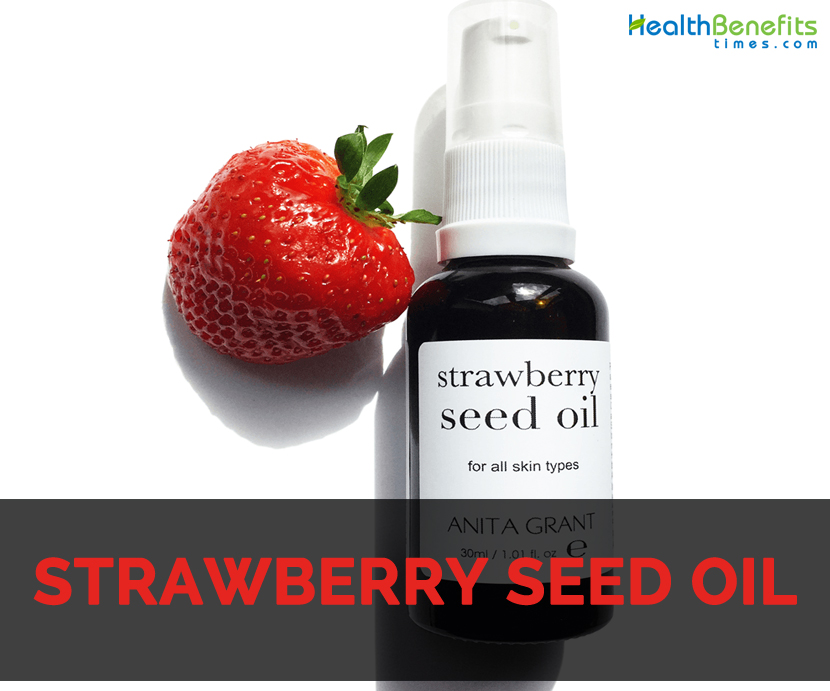History
Strawberry was firstly grown during late 18th century in Brittany of France. The cultivated selections done from the species of wild strawberry was used as a source of fruit. The fruit strawberry was mentioned for its medicinal uses in an ancient Roman literature. In 14th century, the strawberry was taken by French from the forest to gardens. From 1364 to 1380, France king named Charles V has 1200 plants of strawberry in his garden. In 15th century, wild strawberry was used by Western European monks in the illuminated manuscripts. The plant of strawberry was used as a treatment for depressive ailments.
The cultivation references were common in 16th century. It was used for medicinal properties and started to name different species. The cultivation of Strawberry increased in England in Mid-16th century. Thomas Wolsey created the combination of cream and strawberries in court of King Henry VIII. In 1578, the instructions were written for growing as well as harvesting strawberries.
In 16th century, F. moschata, F. vesca and F. viridis are the three European species known. In 17th century, the introduction of F.virginiana to Europe from Eastern North America gave rise to the modern strawberry. Till the end of 18th century, the new species was not completely appreciated. In 1712, the strawberry plant was introduced with female flowers when French excursion was journeyed to Chile. It resulted in the common strawberry that we have currently. Until 1551, Huilliche and Mapuche Indians of Chile cultivated the species of female strawberry. The cultivation of F.chiloensis was recorded by a European explorer in 1765. When it was firstly introduced to Europe, the plant produces no fruit though grown vigorously. In 1766, they discovered that the female plants could be pollinated by F. virginiana, F. moschata, and F. ananassa. Europeans became aware that the plants are able to produce either only male or female flowers. When the cultivation of large fruit plants started, the population of Chilean strawberry decreased in Europe which was caused due to F.ananassa.
Traditional uses
- It helps to maintain elasticity of skin.
- It could be added to body, lip, facial, massage and hair care products.
- It moisturizes skin, lowers wrinkles, skin lines and dryness.
- It assists in regenerating skin cells.
- It is helpful for treating skin conditions such as eczema, psoriasis, acne, sunburn, dermatitis, stretch marks, cellulite, scars, cuts and burns.
- It is used to treat damaged, dry hair, brittle nails and dry scalp.
- It effectively cures chapped, dry, sensitive, cracked, flaky and mature skin.
- It prevents skin from UV rays damage.
- It restores skin’s suppleness and smoothness.
- It is used for aromatherapy and massage purposes.
- It is used to promote metabolism, purify gastrointestinal tract, arthrosis, liver diseases, gout and anemia.
- Massage the cleansed skin with one small pump. Apply it to neck, face and décolletage skin areas. It should be used twice regularly for best results.
- It provides relief from aching muscles.
Precautions
- Not to be used on eyes, mucous membranes and sensitive areas.
- It is better to consult the doctor for use by lactating, pregnant women and people with health problems.
- People allergic to strawberry should avoid it.
- Side effects such as skin inflammation, itching around mouth, vomiting and diarrhea might be experienced.
Strawberry seed oil facts
| Strawberry Seed Oil facts and uses Quick Facts | |
|---|---|
| Name: | Strawberry Seed Oil facts and uses |
| Scientific Name: | Fragaria Ananassa |
| Origin | Strawberry was firstly grown during late 18th century in Brittany of France. |
| Colors | Dark green |
| Health benefits | Moisturizes skin, Lowers wrinkles, Prevents UV rays damage, Promote metabolism, Purify gastrointestinal tract, |
| Name | Strawberry Seed Oil facts and uses |
|---|---|
| Scientific Name of Strawberry | Fragaria Ananassa |
| Native | Strawberry was firstly grown during late 18th century in Brittany of France. The cultivated selections done from the species of wild strawberry was used as a source of fruit. The fruit strawberry was mentioned for its medicinal uses in an ancient Roman literature. In 14th century, the strawberry was taken by French from the forest to gardens. |
| Common/English Names of Strawberry | Strawberry, pine strawberry, pinapple strawberry, hybrid strawberry |
| Name in Other Languages | German: Ananaserdbeere, Erdbeere; Dutch: aardbei; Danish: jordbær; Swedish: jordgubbär, smultron ; Norwegian: jordbær; Italian: fragola; French: fraise, fraisier; Argentina, Chile: frutilla; Spanish: fresón, fresa; Catalan: maduixot o fraga o fraula; Romanian: fragi; Portuguese: morango, morangueiro; Russian: zemlyanika (земляника), zjemljanika; Czech: jahoda, jahodník; Polish: poziomka, truskawka; Slovak: jahoda; Bulgarian: yagoda (ягода), jagoda; Slovenian: jagoda; Croatian: jagoda; Macedonian: jagoda (јагода); Albanian: haullë; Lithuanian: braškė; Greek: fráoula (φράουλα), frágola (φράγολα); Maltese: frawla; Turkish: çilek; Hungarian: szamóca; Estonian: aedmaasikas; Finnish: mansikka, puutarhamansikka, tarhamansikka; Chinese: Fènglí (凤梨), Cǎoméi (草莓); Serbian: Jagoda; Netherlands: Aardbei; |
| Method of extraction | Cold pressed |
| Color | Dark green |
| Odor | Characteristics |
| Aroma | Fresh, subtle, sweet |
References:
https://www.amazon.com/STRAWBERRY-Moisturizer-anti-oxidant-Linolenic-Botanical/dp/B00RG7O3XK
http://www.biopurus.co.uk/organic-strawberry-oil-100ml.html
https://anitagrant.com/products/strawberry-seed-oil


